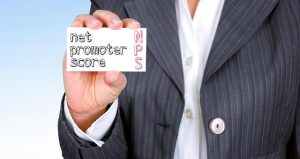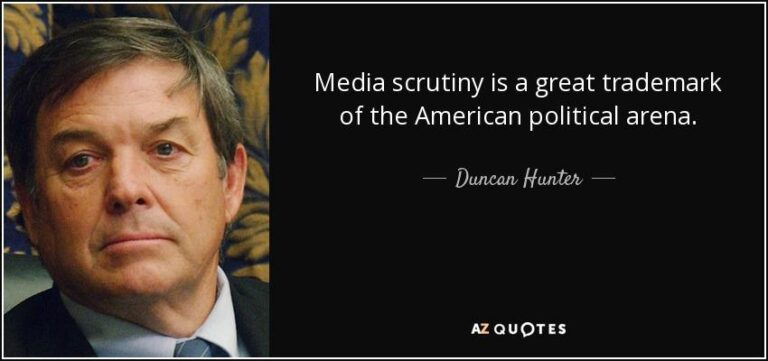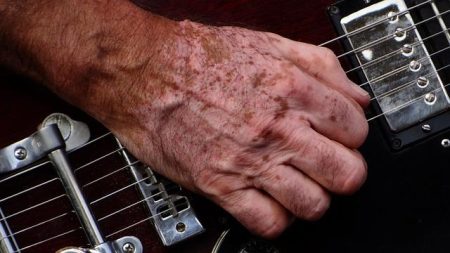Americans’ Enduring Confidence in Media as a Guardian of Political Integrity
Strong Public Confidence in Media’s Role as a Political Oversight Mechanism
Despite ongoing discussions about media bias and the shifting dynamics of information/” title=”How Podcasts Are Transforming the Way We Get Our News and …”>news consumption, a substantial portion of the American public continues to trust the press as a vital instrument for political accountability. According to recent data from the Pew Research Center, most citizens recognize the media’s essential function in scrutinizing elected officials and discouraging unethical conduct. This widespread trust affirms the media’s critical position in fostering transparency and safeguarding democratic values amid a highly polarized political environment.
Several factors contribute to this sustained confidence in the media’s watchdog role:
- Deterrence of Corruption: Many Americans believe that the possibility of media exposure acts as a powerful deterrent against political wrongdoing.
- Promotion of Government Transparency: Media coverage provides voters with the information necessary to hold officials accountable and make informed electoral choices.
- Persistent Investigative Efforts: Journalistic investigations continue to reveal hidden abuses of power and questionable agendas.
- Perceived Objectivity: A significant segment of the public views the media as an institution that transcends partisan divides by focusing on factual reporting and accountability.
| Media Function | Percentage of Americans in Agreement |
|---|---|
| Ensures politicians act with integrity | 68% |
| Facilitates transparency in governance | 72% |
| Serves as a political watchdog | 65% |
| Maintains impartiality in reporting | 54% |
The Impact of Media Oversight on Political Conduct and Decision-Making
Media scrutiny exerts a significant influence on how politicians behave and make decisions. Awareness that their actions are subject to public and journalistic examination encourages elected officials to adhere more closely to ethical norms and the expectations of their constituents. This constant observation often discourages corrupt practices and self-serving policies. Furthermore, public trust in democratic institutions strengthens when the media actively exposes questionable behavior, compelling politicians to provide transparent justifications for their choices.
Data from Pew Research Center indicates that a majority of Americans perceive media oversight as an effective mechanism to prevent misconduct and promote transparency. Beyond mere exposure, media coverage shapes political priorities by signaling which issues will receive public attention and which will not. The following table summarizes public perceptions regarding media’s role in political accountability:
| Aspect | Agreement Percentage |
|---|---|
| Media discourages unethical political behavior | 68% |
| Journalism promotes greater transparency | 72% |
| Politicians modify behavior under media watch | 65% |
Obstacles Media Faces in Balancing Investigative Depth and Perceived Neutrality
News organizations today navigate a complex landscape where the imperative to uncover truth through investigative journalism intersects with widespread public skepticism about media impartiality. In an age characterized by rapid news cycles and deeply divided audiences, journalists must strive to deliver accurate, transparent reporting while confronting accusations of bias. This challenge is intensified by the tendency of consumers to filter news through ideological perspectives, which can distort perceptions of journalistic intent and reliability. Consequently, while media scrutiny remains essential for democratic oversight, it often sparks debates about fairness and balance.
Several key challenges include:
- Fragmented Audiences: The proliferation of niche media outlets caters to segmented groups, sometimes reinforcing echo chambers.
- Urgency vs. Thoroughness: The pressure to break news quickly can undermine the depth and accuracy of investigative reports.
- Trust and Credibility Management: Journalists must work diligently to build and maintain public trust amid widespread skepticism.
- Heightened Political Divisions: Polarization intensifies scrutiny of media motives, complicating efforts to remain neutral.
| Challenge | Effect on Journalism |
|---|---|
| Audience Fragmentation | Restricts reach of balanced narratives |
| Speed vs. Accuracy | Challenges depth and fact-checking rigor |
| Trust Building | Requires enhanced transparency and engagement |
| Political Polarization | Leads to selective interpretation of facts |
Strategies to Boost Media Transparency and Credibility for a Healthier Democracy
To rebuild and sustain public trust, media outlets must prioritize transparency and accountability in their operations. This includes openly disclosing sources and funding streams to clarify potential influences on reporting. Rigorous fact-checking procedures and prompt, visible corrections of errors are vital to maintaining credibility. Additionally, cultivating diversity within newsrooms enriches coverage by incorporating a wide range of perspectives, thereby mitigating the risks of homogenous viewpoints and echo chambers.
Engaging the public through education is equally important. Media organizations should invest in media literacy programs that equip audiences with the skills to critically evaluate news content across various platforms. Leveraging technology to publish editorial standards and decision-making processes can further enhance transparency. The table below outlines actionable steps media entities can take to strengthen their role in democracy:
| Initiative | Purpose | Expected Outcome |
|---|---|---|
| Source Transparency | Reveal information origins | Enhances audience trust |
| Fact Verification | Ensure accuracy pre-publication | Limits misinformation spread |
| Diversity in Newsrooms | Incorporate multiple viewpoints | Promotes balanced reporting |
| Audience Education | Improve media literacy | Empowers critical news consumption |
Looking Ahead: The Media’s Pivotal Role in Democratic Accountability
As conversations about political transparency and accountability evolve, the latest Pew Research Center findings reaffirm a clear public consensus: a large majority of Americans view media scrutiny as indispensable in curbing political misconduct. This persistent trust in the press’s watchdog function highlights the necessity of a free, vigilant media ecosystem to uphold democratic principles. Going forward, the interplay between journalists, politicians, and the public will remain a decisive factor in shaping the integrity and effectiveness of governance.







